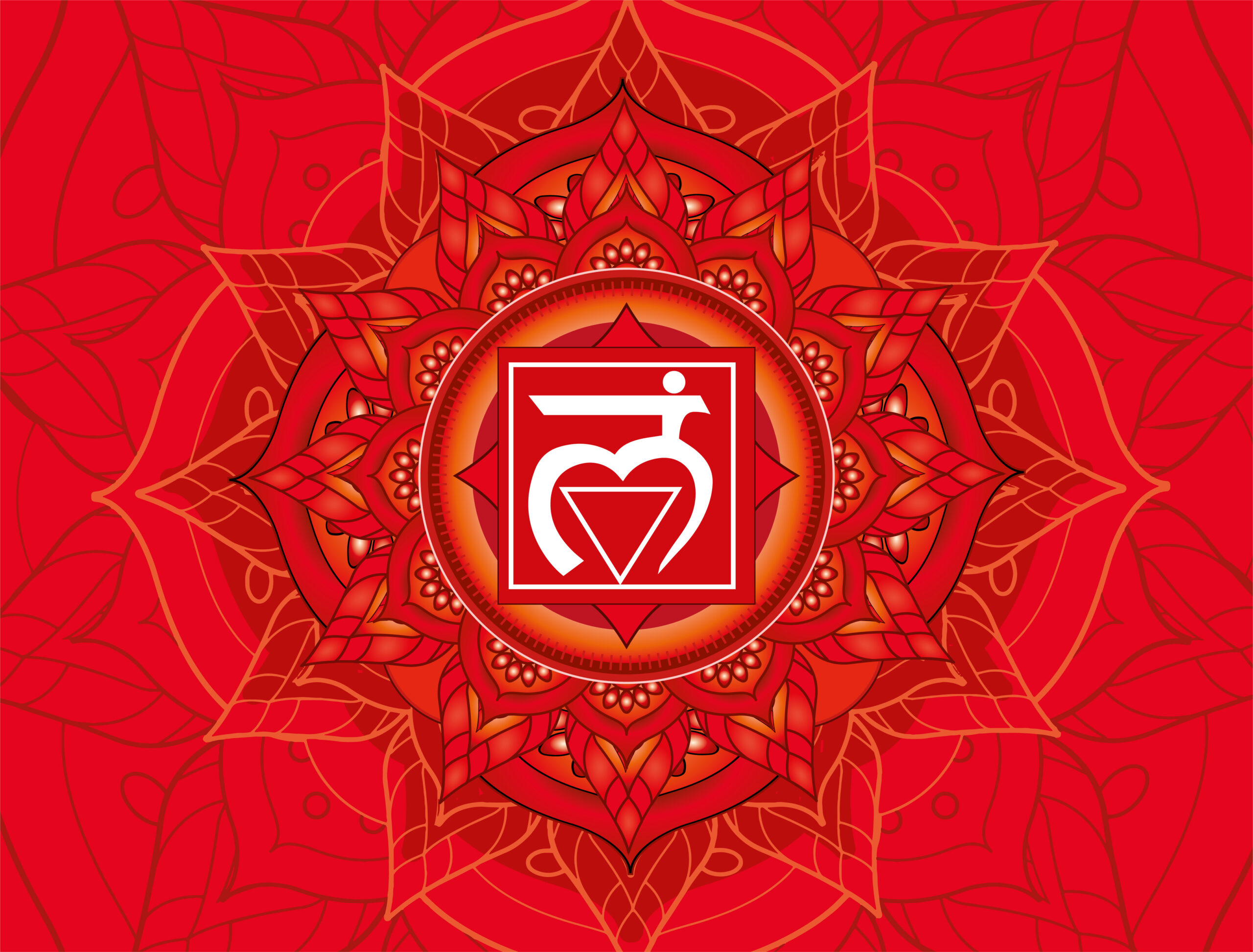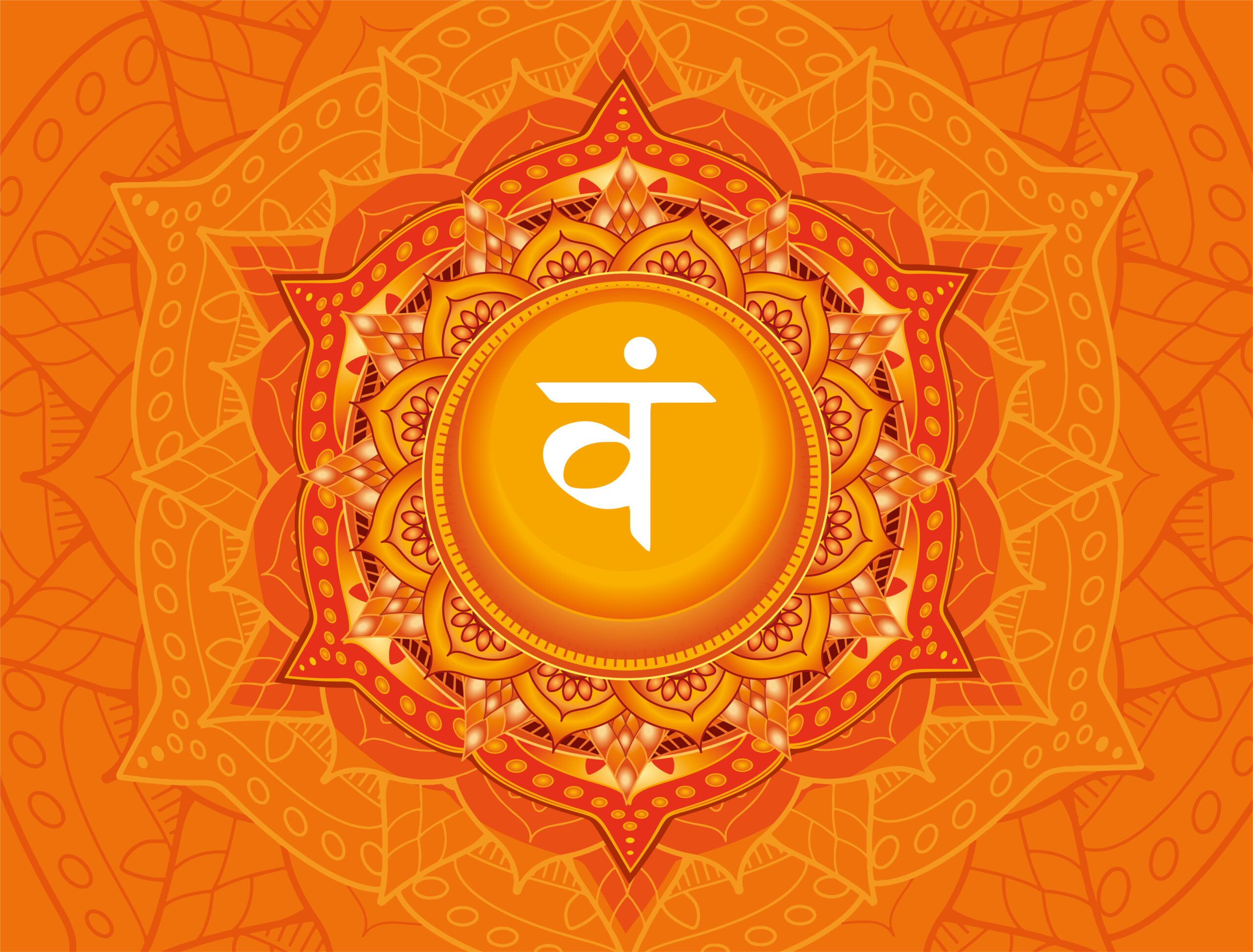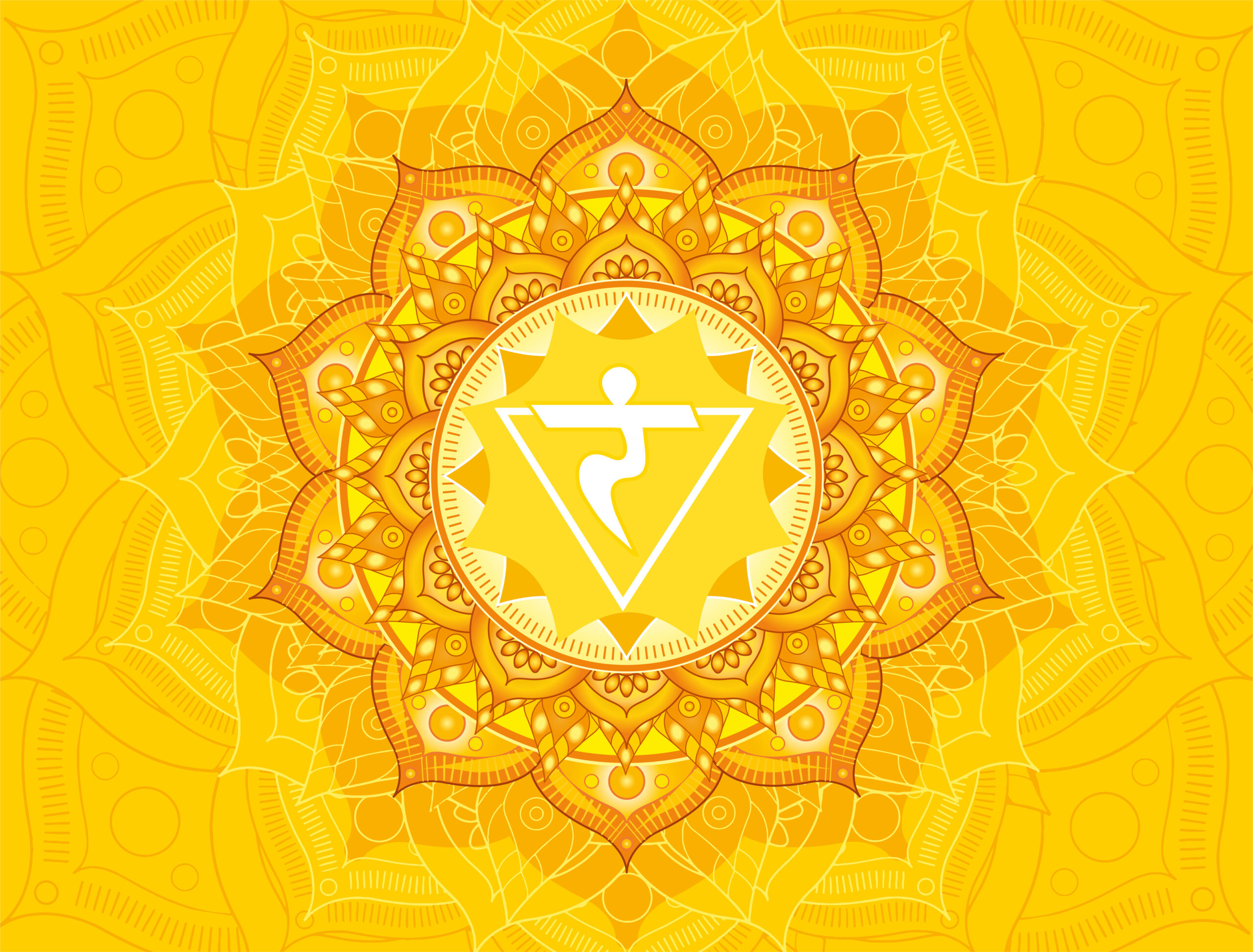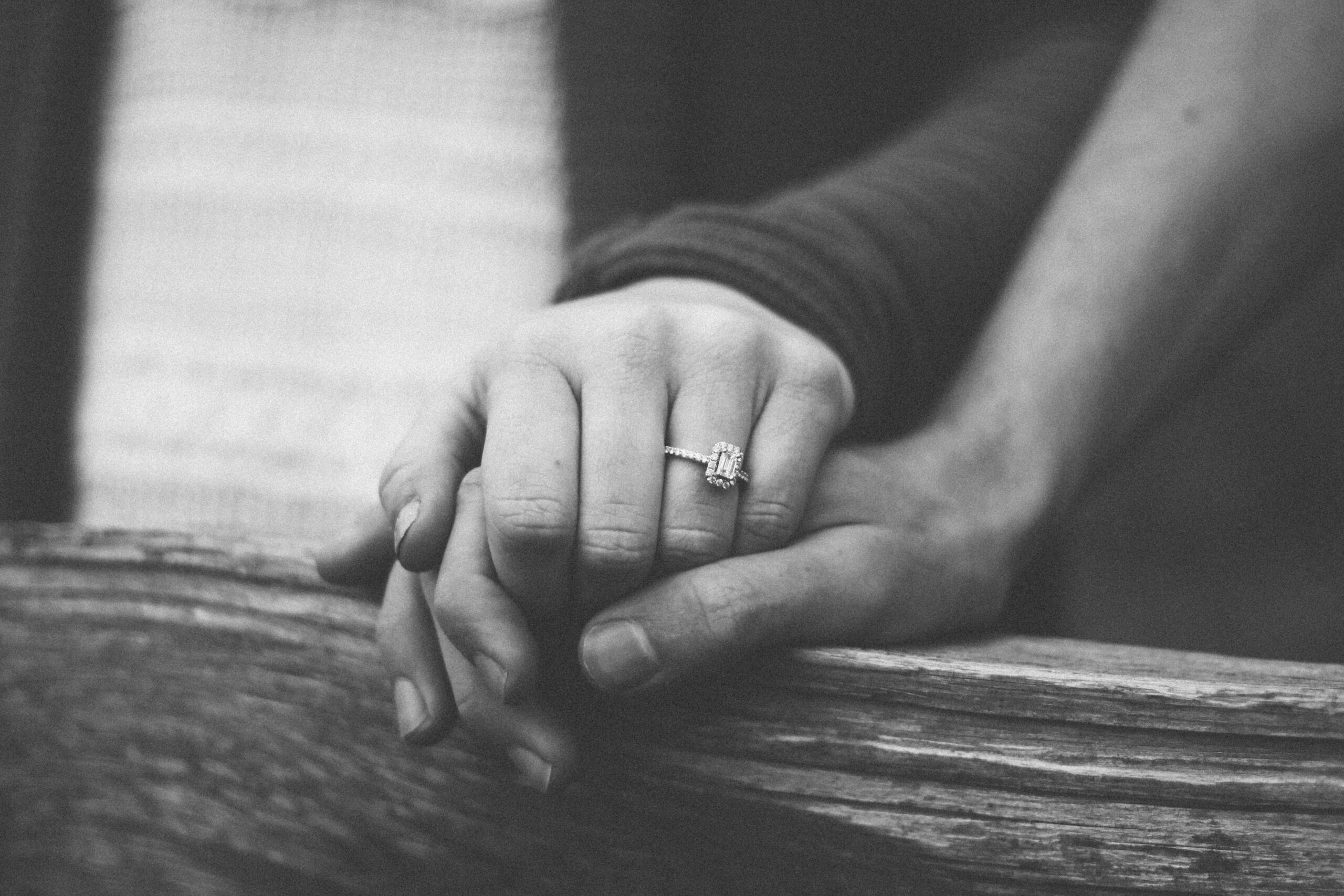Photo credit: Integral Life
Forgiveness–a word so heavy that practicing it in our daily lives becomes easier said than done. I am often asked this question: how to forgive someone who hurt you or how to forgive yourself for that matter, and every time my answer remains the same. You forgive someone for yourself.
Forgiveness is a learned art. I will share a personal anecdote here. Just after my marriage fell through the cracks about six-and-a-half years ago, I remember one of my cousins started spreading hurtful rumors about how I was solely responsible for my failed marriage, completely disparaging the fact that I survived physical abuse by my husband and his family. She went on to add many more hurtful and insulting words and rumors, including that I deserved the abuse! At the time when I was grieving my failed marriage while nursing my wounds and trying to heal, her words stung deeply. I felt many different kinds of emotions humanly possible–I was enraged, hurt, miserable, grieved, disgusted, and wanted to retaliate and hurt her back. But instead, I chose to forgive her. Now, don’t get me wrong. It definitely took a lot of time, years, before I spoke with her again. The worst part – she couldn’t care that she hurt me. But I had a choice. And I chose forgiveness. Why did I do that? Why did I forgive someone who hurt me? I forgave her for myself, for my mental health, and because life is too short to hold on to a grudge.
What is Forgiveness? And How to Forgive Someone Who Hurt You?
Forgiveness means different things to people. Ideally, it is a personal decision, a choice to let go of that anger and resentment. The act or words that caused you pain might be with you, and you might not forget, but choosing to forgive can lessen the act’s hold on you. And that can bring you peace. Sometimes, forgiveness can lead to an understanding, and you may even feel empathic toward the person who hurt you. Of course, this is situational. Forgiveness is for yourself.
The modern world has seen some truly wonderful examples of forgiveness. The great Nelson Mandela’s name echoes with forgiveness. One of the greatest quotes goes something like this: “Forgiveness liberates the soul, it removes fear. That’s why it’s such a powerful weapon.” One of the most captivating references that comes to mind is that of Samereh Alinejad, an Iranian woman who forgave her son Abdollah’s killer, Balal right before he was about to be executed. Abdollah was only 18 years old when he was stabbed to death in a street brawl in the autumn of 2007. The two had known each other for quite some time and used to play football (soccer) together. Abdollah was the second son Alinejad had lost, her youngest child died in a motorbike accident when he was just 11. Completely engulfed in her grief, she wanted Balal to be punished for his crime and even told The Associated Press that “retribution had been her only thought” up until she made a last-minute decision to pardon her son’s killer. This extraordinary act of forgiveness flooded the internet and all the national and international news sites. She was reported by The Guardian saying that vengeance left her heart the moment she decided to pardon Balal.
Get mad, get sad, and allow yourself to grieve.
If you get hurt by someone, particularly by someone close to you, it can naturally cause immense anger and rage but also cause sadness. Allowing yourself to feel all the emotions that come when you are hurt is essential, but it is also important to let them go. It is so easy to hold a grudge. But holding on to them and dwelling on hurtful events gives space for negativity and resentment to grow. And that may leave you with a constant sense of bitterness and injustice that keeps on growing. The bitterness can even get spilled over to new relationship or hinder you from enjoying your life. Irritation, anxiety, and depression pretty much can morph your grasp on your present.
Some people are naturally more forgiving than others but let’s not forget that this is also a practiced art.
Many researchers and psychologists also talk about different types of forgiveness, including decisional and emotional forgiveness. Everett L. Worthington, Jr. is a clinical psychologist and a Professor of Psychology at Virginia Commonwealth University. He is also one of the leading experts in the world on forgiveness. In a paper co-authored with Michael Scherer, Everett makes a striking distinction between two of the most common types of forgiveness. Decisional forgiveness is the decision to forgive someone who has caused you harm and behave “nicely” towards them, while the anger and resentment perhaps remain the same, whereas emotional forgiveness is when you forgive them completely, and the positive ones overtake your negative emotions. The latter, indeed is the healthier option as it is good for your physical and mental well-being.
Let’s have a look at the benefits of forgiving someone who hurt you
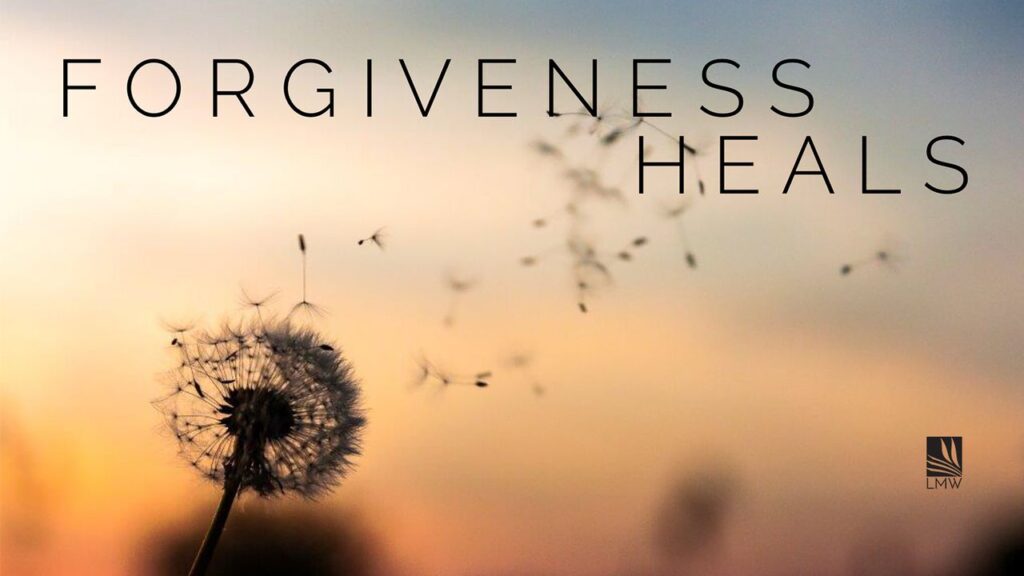
Letting go of resentment and grudge have an incredible effect on life. And, let’s be honest, you would want to choose your peace of mind first, right? The benefits include improved mental health, healthier relationships with yourself and your loved ones, and less stress and anxiety. Did you know that forgiveness also has a striking effect on your physical health? Yes, choosing to forgive the person who caused you pain heals you, improves your heart health, lowers your blood pressure, and helps you to have a more robust immune system. After all, in the end, your physical and mental health are interconnected.
Now that we have established the significant effect of forgiveness, let’s look at how to forgive someone.
The first and foremost is deciding to forgive someone
The first step on any journey is the decision to take it, and the same applies here as well. Sometimes, forgiveness can come on its own one fine day out of nowhere, but mostly, it is a selected choice, a decision. But I would not recommend rushing to it. This is a delicate process, and you can take as much time as you need before arriving at a decision. Allow yourself to feel the hurt and the negative emotions, but do not hold onto them. However, do not set impossible deadlines because this decision is not time-bound. The road to forgiveness is a long journey. Trust your gut. If the time does not feel right for forgiving someone, then most likely it is true.
Remind yourself why you want this person who has wronged you in your life
This is a profound feeling. Try to look back at your life and see if this person holds any significant spot in your life. When someone close to you acts in a way that hurts you and makes you feel sad, but you want to keep the relationship, it is important to remember their contribution to your life.
This was the case when I decided to forgive my friend who hurt me deeply. Everyone is flawed to a point. And feeling hurt is only natural. You may have also hurt someone or worse, yourself. It is not always black and white. Some people are not replaceable, and you must decide if this person is important to you. But that does not mean that you will allow toxicity to take over. If this is a repeated behavior and you have already forgiven them many times, then it is better to cut your losses and move on in life.
It is important to set some boundaries
If the person who has wronged you is close to you, then some gentle boundary setting may be required. And no, it does not mean you will completely freeze or disown them. But it is essential to let them know your feelings and that you need time before returning to how things were before.

Connect with the person emotionally
When someone you care for has hurt you, you have all kinds of negative emotions running through your mind. Negativity is a very natural thing to have for humans. But, if this behavior from the person is out of the blue, then it may be helpful to connect with them emotionally. Understanding the person is not equivalent to forgiveness but is the right direction. Showing kindness and compassion for both you and the other person is important.
Putting your feelings into words also helps in the entire process. If you have decided that it is time to forgive this person but you are still feeling hurt and/or are angry. What do you do in that situation? Sometimes, people hurt people unintentionally and are not even aware of how their actions made the other feel. Here, the power of words, spoken or written, comes in handy. Let them know how their actions made you feel. This is an important stage in the process of forgiving someone who hurt you.
Make yourself the hero in your forgiveness journey
Our past experience may create a chain of vulnerability and associating ourselves as the victim. More often than not, certain behaviors can trigger painful memories or experiences from our past. But you are the hero in your story.
Fred Luskin, founder of the Stanford University Forgiveness Projects and author of Forgive for Good says in a Stanford Magazine interview in 2019 that “When you tell yourself, ‘The only one who is going to rescue me is me,’ that creates a kind of heroic efficacy which suggest, ‘I have to solve this problem. I have to figure out how to be OK and be happy in life.”
How about the time you hurt yourself? How to forgive yourself?
- The first step to this is acceptance. Accepting to yourself that you have made a mistake and certain decision or action has harmed yourself. Accept that you are a human and that every human makes mistakes. Take ownership of your own healing.
- Next, learn from your mistakes. Try to understand the situation that led to the hurt. Would you likely repeat that? Break it step by step and try to understand the lesson you learned from it.
- Channel your feelings. Be willing to take risks and channel your feelings into something positive. If you are finding yourself angry or want to hurt yourself, take a step back and breathe. It may seem easier said than done, but it is not!
- Let go of the guilt and regret and picture your future. In the near future, where do you see yourself? Do you see yourself stuck in the same place rigged with anger, guilt, and regret? Or do you want to see yourself grow? Visualize what your life would look like, free from all the negative emotions, and ask yourself the question if that future would make you happy. Then work towards it.
- It is important to be self-critical but know where to stop. We all are our worst critics, right? But it is also important to understand where to stop. Don’t be harsh on yourself.
Related Post
You Attract What You Are: Manifestation at its Best
Disappointed When Someone You Love Hurts You? 10 Coping Tips






